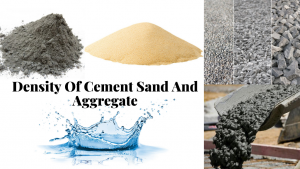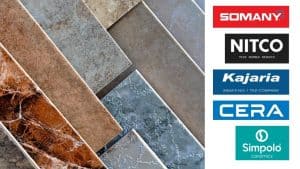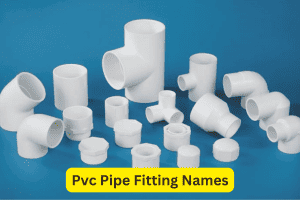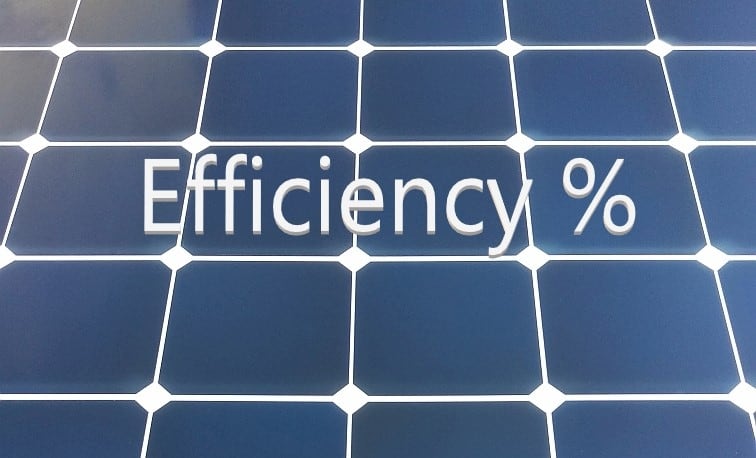
Do you know what a solar panel is? Do you want to install solar panels on the roof of your house? Do you know how efficient solar panels are? If you answered yes to these questions and are considering getting your home some solar panels, you should definitely install them! Solar panels are known to convert 15% to 22% of solar radiation into usable energy, depending on factors such as location, orientation, weather conditions, and other variables.
In this article below, we shall first discuss what is solar panel efficiency, how efficient is solar panels, which are the most efficient solar panels, how solar panels are efficient in different conditions, what are some of the factors you should keep in mind while selecting the best solar panels and everything in detail about solar panel efficiency. So let’s get started.
What Is Solar Panel Efficiency: How Efficient Are Solar Panels ?
Solar panel efficiency is defined as the amount of sunlight that falls on a surface of the solar panel, which is then turned into solar energy. The production of solar energy by solar cells determines the cell efficiency of solar panels, which is controlled by the cells’ composition, electrical arrangement, and surrounding components.
The majority of solar panels are between 15% and 20% efficient, with outliers on either end of the spectrum. In certain circumstances, high-quality solar panels can exceed 22 percent efficiency and even reach a high of 23 percent. However, the bulk of solar panels on the market are not more than 20 percent efficient.
How To Determine Solar Panel Efficiency
Most solar panels are tested under Standard Test Conditions (STC) to determine their efficiency. STC specifies a temperature of 25°C and a 1,000 W/m2 irradiance.
This is the equivalent of a bright day with the light striking a 37° inclined surface towards the sun. A solar panel with a 15 percent efficiency and a 1 m2 surface area would produce 150 Watts under these test conditions.
What Are The Factors Which Determine Solar Panel Efficiency ?
The efficiency of a solar panel is determined by numerous factors. The amount of incoming sunlight that a solar panel can convert into usable energy is what determines its efficiency. When designing and manufacturing efficient solar panels, solar cell researchers and manufacturers consider the following factors:
- Material- The way sunlight is converted to electricity depends on the type of material used, such as monocrystalline silicon, polycrystalline silicon, cadmium telluride, etc.
- Wiring and interconnection- The arrangement of wires and interconnections that actually captures and transport power on a solar panel has a large effect on how it determines the efficiency of solar panels.
- Reflection- The efficiency of a solar panel may be reduced if the light is reflected away from it. The importance of the glass layer on top of silicon solar cells is because of the fact that it can cause reflection
Which Are The Most Efficient Solar Panels ? Types Of Solar Panels
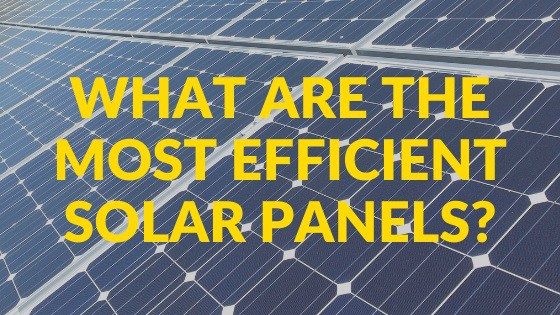
It’s necessary to remember that the efficiency of a single solar cell does not correspond to the efficiency of a solar energy system. While the efficiency of solar panels is typically about 15-20%, solar cell efficiency may exceed 42 percent in exceptional cases.
There are different types of solar panels that are available for you. Mentioned below are some of the most efficient solar panels which is on the market and which you can install on your roof
Monocrystalline Solar Panels
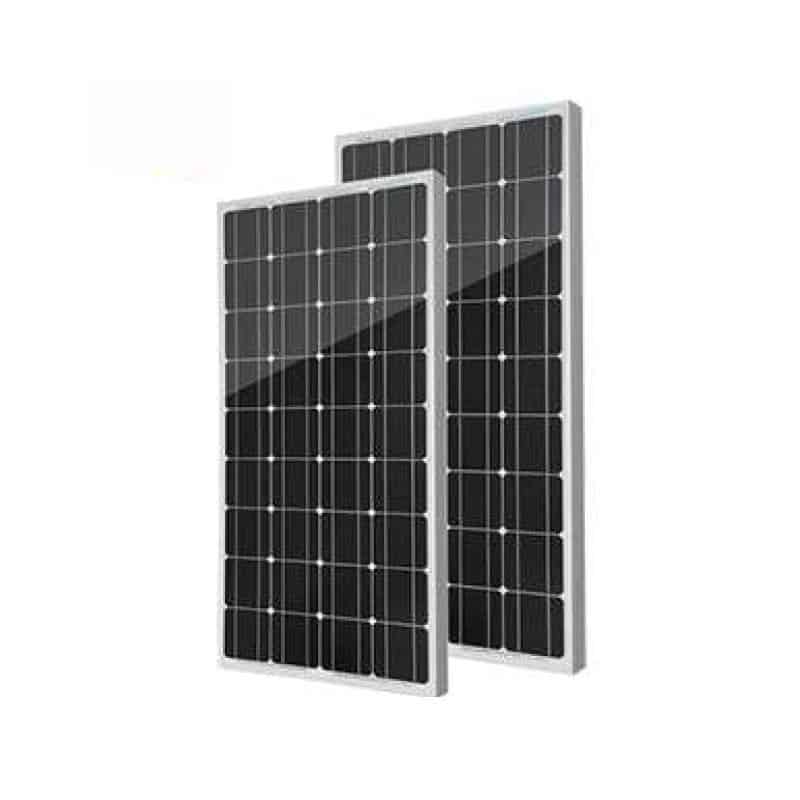
Solar panels made of monocrystalline silicon, also known as single-crystalline cells, are made of the finest silicon. To make a lengthy rod, a crystal of this kind of silicon is produced in a complicated procedure. The rod is subsequently sliced into wafers that are then used to manufacture solar cells.
When compared to the other two kinds of solar panels, monocrystalline solar panels are known to have the best efficiency in normal test settings. The present monocrystalline solar panel efficiency is between 22 and 27 percent. A monocrystalline panel can be identified by its rounded edge and dark color.
Polycrystalline Solar Panels
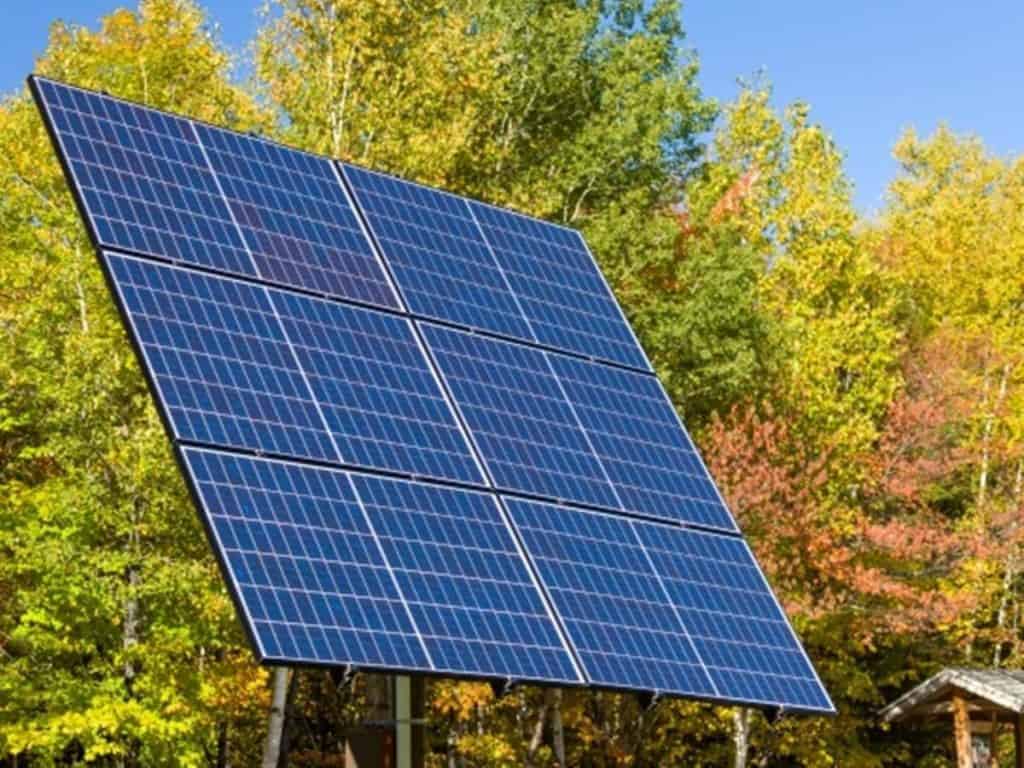
Solar panels built of polycrystalline solar cells, also known as multi-crystalline cells, are somewhat less efficient than monocrystalline solar panels. This is related to the environment of the manufacturing process. The silicon is produced as a block of crystals rather than a single cell.
Individual solar cells are made by cutting these blocks into wafers. The current efficiency of polycrystalline solar panels on the market is 15-22 percent. A polycrystalline solar panel can be distinguished by its square-cut and blue speckled color.
Thin Film Solar Panels
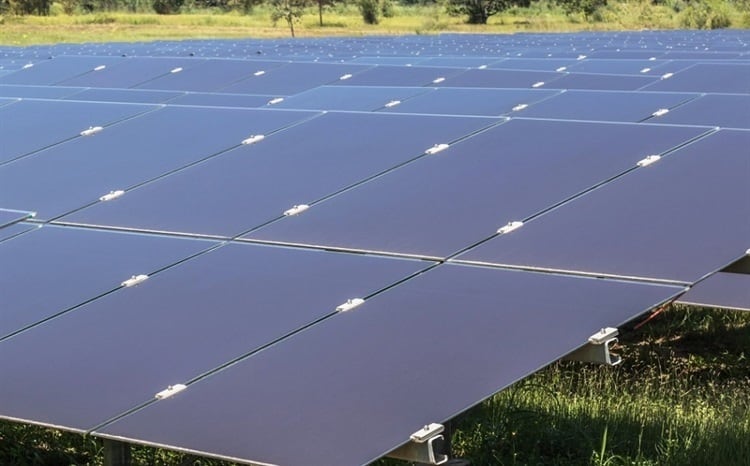
Thin-film solar panels are manufactured by placing one or more thin layers of photovoltaic material over a glass, plastic, or metal substrate. Thin-film solar panels are generally lightweight and flexible. Thin-film solar panels are known to disintegrate quicker than monocrystalline and polycrystalline solar panels.
Since the manufacturing of thin-film panels is less complicated, their output is 5% lower than that of monocrystalline solar panels. Thin-film cells typically have a solar panel efficiency of 15-22 percent. Thin-film solar panel technology is reducing the efficiency gap with more expensive types of solar panels, thus thin-film solar panels are being used in large-scale projects and in solar power plants which set new standards.
Efficiency Of Solar Panels In Different Conditions
No buyer would want to be stuck with solar panels that aren’t good technically. Solar energy has several benefits, but it’s essential to have the appropriate sort of solar panel placed in your home. A solar panel is thoroughly tested under severe conditions to ensure its quality.
Mentioned below are the different conditions under which solar panels are tested to increase their efficiency and prove that they are of very good quality.
1. Wind
One of the most common causes of solar cell degradation is wind. To reduce the risk of damage, solar panel manufacturers perform rigorous wind tunnel testing. A decline in the efficiency of a solar panel is always caused due to the increase in wind velocity.
The positive efficiency of solar panels due to wind is that the action of the wind cools the panels, and each degree of cooling enhances the efficiency by 0.05 percent.
2. Hail
Artificial hail is fired at a speed of 20 to 30 m/s during hail testing to prove the efficiency of solar panels. At this speed, solar panels are unharmed because they are built to resist such extremes in weather conditions.
3. Ice
When no silicon coating is put on solar cells, ice forms on the surface. Ice buildup can reduce the efficiency of the solar panel by about 25% to 100%.
4. Chemical Residue
To dissolve chemical residue, at least 20 mm of rain must fall on the panels’ surface. When solar panels are coated with a layer of chemical build-up, research has found that the efficiency of the solar panels drops by 0.2 percent.
5. UV Degradation
UV-induced deterioration can cause a solar cell to delaminate. Individual solar cells may also discolor. The panel surface can produce a coating of boron oxide as a result of the first 1,000 hours of exposure to sunlight, which lowers the efficiency of the solar panel.
6. Damp Heat Testing
Damp heat testing is used to determine the endurance of solar panels in humid environments. Humidity can cause corrosion, module connection failure, and a reduction in the total performance of a solar panel.
Things To Keep in Mind While Selecting The Best Solar Panels
1. Warranty Of The Solar Panel
Pay attention to any warranties that the manufacturer provides. If the manufacturer is trustworthy and the solar panels have a longer guarantee period of at least 25 years, you may assume your solar system will endure a long time, long enough to pay for itself and generate a profit.
2. Solar Inverter
For a residential solar system, the solar inverter is critical. It transforms the DC received into usable AC. The better the solar inverter, the less electricity that is conserved will be wasted.
3. Location
The location or place in which you will put your solar power system for a house is quite important. Monocrystalline systems are suitable if you live in a region with uninterrupted bright sunshine for most of the year. If you reside in a region where direct or intense sunlight is limited, go for the polycrystalline ones. This will absorb the sun from various angles.
4. Efficiency
When a solar panel’s efficiency improves, the total efficiency of the rooftop solar system improves as well. Panel efficiency is critical to the efficient operation of the entire solar system, thus caution should be exercised while selecting them. A more efficient solar panel requires fewer panels to be placed, resulting in lower capital expenditure.
5. Mounting
Check to see if the roof, ground mounting, or tracking system is engineer-certified for the location. If you reside in a quake location, for example, ensure the mounting system and brackets are likewise cyclone-rated. Wind-certified quality systems are available. Indeed, you don’t want your system to go off in the middle of a storm. Some providers compromise on the mounting system, which is a critical component.
6. Certification
This is one of the most crucial points to keep in mind when purchasing a rooftop solar panel. Check to see whether your panel has any certifications. It applies to all types of solar panel systems that you are considering purchasing. The certificates show what kind of testing the panels have undergone and if they are efficient.
Closing Thoughts
Solar panels for residential use in India are not cheap. However, you must realize that by making this one-time expenditure, you are possibly saving a lot of money in the future. Your energy expenses will be considerably lowered. All you have to pay are the minor maintenance costs that would otherwise be associated with standard power systems. As a result, to ensure that you do not have to spend a lot of money on these solar power kits for repairs and maintenance, pick the highest quality ones that will last a long time.
In the solar energy industry, competition is fierce. China and India, two of the world’s most polluting countries, are also worldwide leaders in the construction of solar power plants. Solar panels will be cheaper and storage solutions will be more efficient as a result of this fierce competition in the future.
FAQs: Solar Panel Efficiency: How Efficient Are Solar Panels ?
1. Is my roof suitable for solar panels ?
Solar panels are best installed on south-facing roofs with little to no shadow and enough room to incorporate a solar panel system.
2. How long will my solar panel last ?
Solar panels, in general, are quite robust and can survive snow, wind, and hail. Your solar power system’s various components will need to be changed at different periods, but your system should be able to provide electricity for another 25 to 35 years.
3. How efficient is a solar panel ?
Most solar panels now have an energy efficiency rating of 11 to 15 percent, which indicates how much solar energy is transformed into usable power.
4. What time of the day are solar panels most efficient ?
Typically solar panels produce the most energy between late morning and early afternoon, with output decreasing to nil at night.
5. Which type of solar panel is best ?
Monocrystalline solar panels are considered the most efficient type of solar panel.

